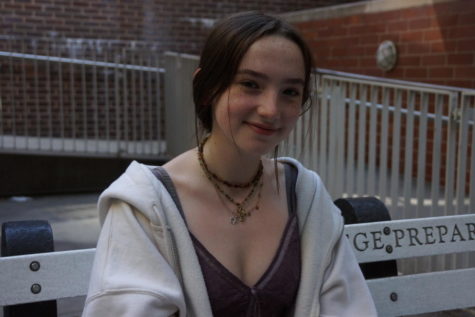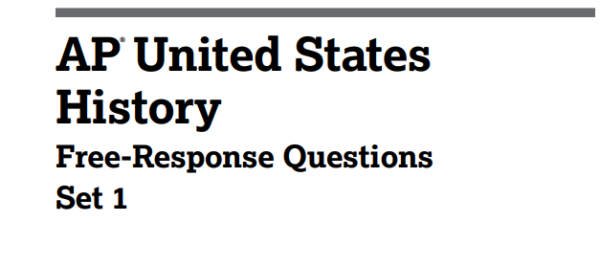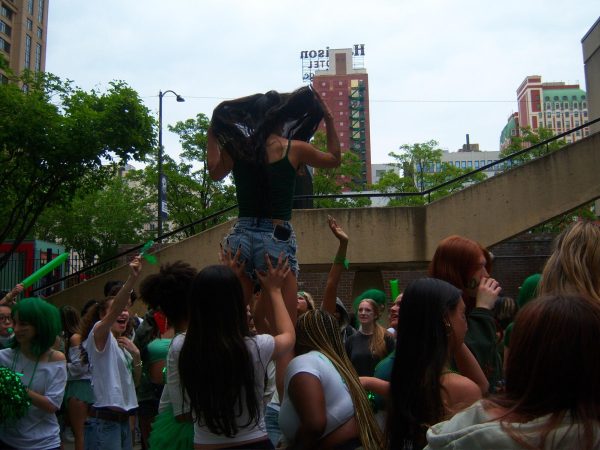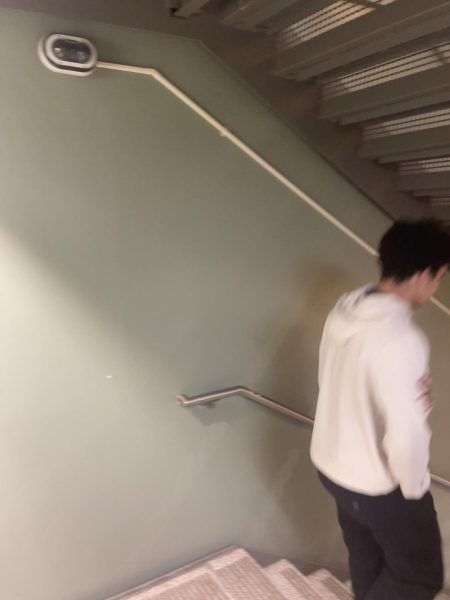Popularity contest
Jones sophomores discuss impact of social media on SGA elections
As the 2021 SGA elections at Jones College Prep reached their apex, some students noticed a commonality in many sophomore’s campaigns: the use of social media over posters and word of mouth.
This year, at least one campaign for each position is relying heavily on social media for their campaigns.
Suzanna Mettelman ‘24, who is running for vice president, explained that she ran into difficulties printing posters, and has relied on social media platforms such as Snapchat and Instagram to spread her campaign message.
“I saw a lot of people reposting my poster, which made me really happy,” Mettelman stated.
Norah Guenthner ‘24, who is running for secretary, used the same approach.
“I have been too busy to put up posters, so I have been doing most of my campaigning on social media,” Guenthner said.
A student who is taking a contrary approach from the rest of the candidates is Rashawn Carter ‘24, who is also running for secretary.
“I want people to find my campaign on their own,” said Carter. “When it comes to the time when everyone is looking at the ballot and watching the campaign videos, I don’t want people to have any immediate bias towards or against me. I want people to just have an organic attachment to my campaign.”
Students who are running have positive opinions on the usefulness of social media in campaigns.
“I think [campaigning on social media] is a very positive thing. It gets you a lot more awareness and a lot more people actually end up seeing your name,” said Mettelman.
Abby Breitenbach ‘24, who is campaigning for class representative, echoes Mettelman’s opinion.
“Social media is a big part of our lives. When you sit down relaxing, and you’re looking through your Snapchat stories and your Instagram stories, and you just see a constant stream of ‘Vote for Abby,’ that will get ingrained into you,” commented Breitenbach.
Zoe Weinstein ‘22, who is the overall president of SGA, has noticed another positive aspect of social media campaigning.
“Social media campaigns are useful because they can direct voters to the SGA Instagram, where they can vote at the link in the bio,” reported Weinstein.
However, some candidates are less sure about whether it will have a positive or negative effect on Jones politics in the long run.
Anna O’Brien ‘24, who is running for class representative, is unsure of whether the pros outweigh the cons.
“The election might just end up being based on who gets their name around the most,” stated O’Brien.
Chiara McGowan ‘24, a candidate for vice president, predicts that those with large followings will have a greater advantage in the election.
“There are definitely people with bigger following than other people, which will give them a big advantage in the election,” said McGowan.
Trey Tucker ‘24 thinks that at the end of the day, “The election will probably come down to a popularity contest.”
Breitenbach voiced concerns about the role of social media in non-student government.
“On a bigger scale, like state or national government, social media can spread fake news and conspiracy theories around very quickly,” stated Breitenbach.
Weinstein also noticed this.
“Students using social media to campaign at Jones is a reflection of a greater reliance on social media that we can see on elections nationwide. The impact of Twitter on 2016’s election is a good example of the power social media can have over voter bases.”






